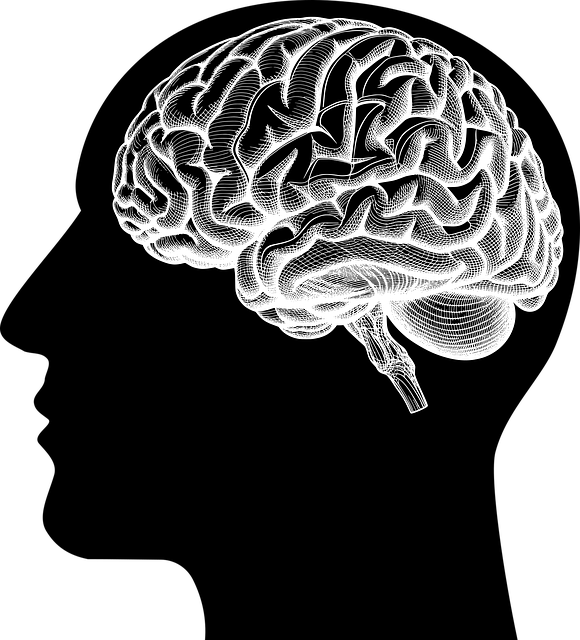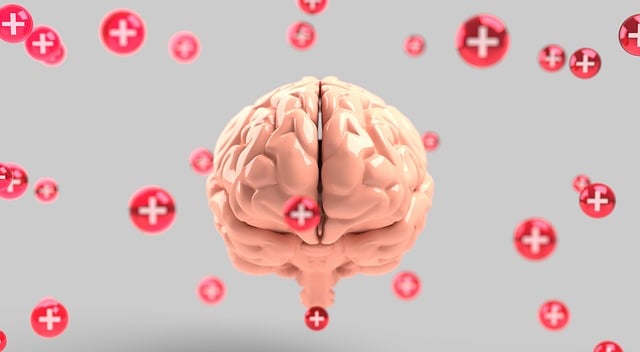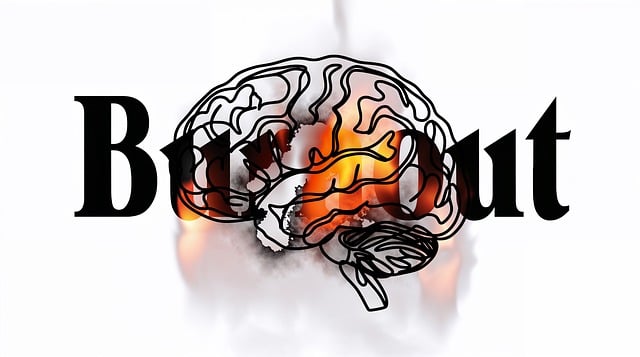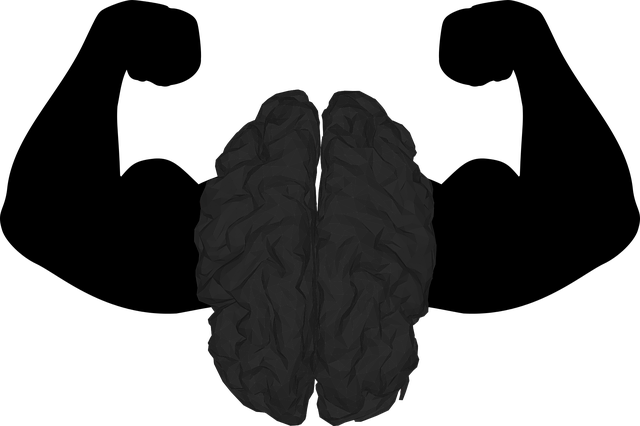Castle Rock Stress Management Therapy offers specialized support for individuals dealing with loss, grief, and bereavement, empowering them to process these emotions healthily through a comprehensive holistic approach. Combining evidence-based techniques like mindfulness meditation with individual sessions, group support, and burnout prevention strategies, the therapy addresses both psychological and physiological impacts. By providing flexible, personalized approaches and risk management planning, Castle Rock ensures a safe and supportive environment for clients to heal at their own pace, cultivating mental wellness through self-care routines and accessible resources.
Grief is a complex and deeply personal journey, often triggered by loss—a profound and universal experience. This article explores the intricate relationship between loss, grief, and bereavement, offering insights into their defining concepts and impact on mental health. We introduce an innovative approach to support: Castle Rock Stress Management Therapy. Furthermore, it delves into common challenges faced in counseling, providing effective strategies for practitioners. By understanding these aspects, individuals can access valuable resources and self-care practices to navigate the grieving process with holistic care and enhanced well-being.
- Understanding Loss, Grief, and Bereavement: Defining Key Concepts
- The Impact of Loss on Mental Health and Well-being
- Castle Rock Stress Management Therapy: A Holistic Approach to Grief Support
- Common Challenges in Grief Counseling and Effective Strategies
- Resources and Self-Care Practices for Navigating the Grieving Process
Understanding Loss, Grief, and Bereavement: Defining Key Concepts

Understanding loss, grief, and bereavement is a vital step in navigating Castle Rock Stress Management Therapy. These concepts—though often used interchangeably—have distinct meanings that are crucial to grasp when seeking support or offering comfort to those in distress. Loss refers to the departure of someone or something significant from one’s life, which can be sudden (e.g., an accident) or gradual (e.g., a divorce). Grief, on the other hand, is the emotional response to loss, encompassing feelings like sadness, anger, and confusion. Bereavement, specifically, refers to the period of deep sorrow that follows a significant loss.
Effective counseling strategies for these experiences often involve empathy building strategies, conflict resolution techniques, and emotional regulation tools. Through these methods, individuals can learn to process their emotions, adapt to new realities, and ultimately find pathways towards healing. Castle Rock Stress Management Therapy recognizes the profound impact of grief and bereavement on mental health, aiming to provide safe spaces where those affected can express, explore, and manage their feelings in healthy ways.
The Impact of Loss on Mental Health and Well-being

The experience of loss can significantly impact an individual’s mental health and overall well-being, often leading to a complex mix of emotions. When faced with grief, people may encounter heightened levels of stress, anxiety, and depression. These feelings are natural responses to the profound sense of loss, but if left unaddressed, they can evolve into more severe issues. The impact extends beyond the initial shock, affecting daily functioning, relationships, and overall quality of life.
Castle Rock Stress Management Therapy recognizes these challenges and offers specialized support for individuals navigating loss and bereavement. Through various stress reduction methods and emotional healing processes, clients are empowered to process their grief in a healthy manner. By fostering positive thinking and providing a safe space to express emotions, counseling sessions help individuals find coping strategies tailored to their unique experiences of loss.
Castle Rock Stress Management Therapy: A Holistic Approach to Grief Support

Castle Rock Stress Management Therapy offers a holistic approach to grief support, recognizing that loss and bereavement impact individuals on both psychological and physiological levels. This therapy goes beyond traditional counseling by integrating evidence-based techniques such as mindfulness meditation to help clients manage stress and emotional pain effectively. By combining individual sessions with group support, clients receive comprehensive care tailored to their unique needs.
In addition to individual therapy, the program includes burnout prevention strategies specifically designed for healthcare providers, who often face high levels of stress due to their demanding roles. Social skills training is also incorporated to foster connection and build resilient coping mechanisms in a supportive community setting. This holistic approach ensures that individuals navigating grief receive well-rounded care, promoting healing and growth during challenging times.
Common Challenges in Grief Counseling and Effective Strategies

Grief counseling often faces several common challenges that can hinder its effectiveness. One significant hurdle is helping clients navigate the complex emotional landscape of grief, as individuals experience and express sorrow uniquely. What works for one person may not be suitable for another, making it crucial for counselors to adopt flexible approaches. Additionally, managing the intense emotions associated with loss while fostering a sense of safety and trust can be delicate, especially when dealing with traumatic deaths or prolonged mourning periods.
To overcome these challenges, Castle Rock Stress Management Therapy employs effective strategies. Tailoring therapy to each client’s emotional healing processes allows for a more personalized experience. Mood management techniques help individuals regulate their emotions during intense periods, while risk management planning for mental health professionals ensures the safety and well-being of both the counselor and the bereaved. These approaches create a supportive environment, enabling clients to process their grief in healthy ways.
Resources and Self-Care Practices for Navigating the Grieving Process

Navigating the complex landscape of grief and bereavement can be challenging, but there are valuable resources and self-care practices that can aid individuals in their healing journey. Castle Rock Stress Management Therapy offers specialized programs designed to support those dealing with loss. Through a combination of one-on-one counseling sessions, group support groups, and evidence-based techniques, therapists help clients develop healthy coping mechanisms and navigate the grieving process at their own pace.
In addition to professional therapy, cultivating mental wellness during this difficult time is paramount. Establishing a consistent self-care routine can significantly impact overall mental health. This may include activities such as regular exercise, mindfulness practices, journaling, or engaging in hobbies that bring comfort. The Mental Wellness Podcast Series Production also provides accessible resources for those seeking guidance and community while processing grief. By integrating these various strategies into their lives, individuals can foster resilience and begin to find meaning and healing after loss.
Loss, grief, and bereavement can profoundly impact an individual’s mental health and well-being. Understanding these key concepts is essential in providing effective support. The article has explored various aspects of this process, from the defining characteristics to the challenges faced during counseling. One highlighted approach, Castle Rock Stress Management Therapy, offers a holistic method for grieving individuals, addressing not just emotional needs but also promoting overall well-being. By combining knowledge and practical strategies, including self-care practices, those navigating grief can find support tailored to their unique experiences. Remember that seeking help is a vital step in managing loss and fostering healing.











